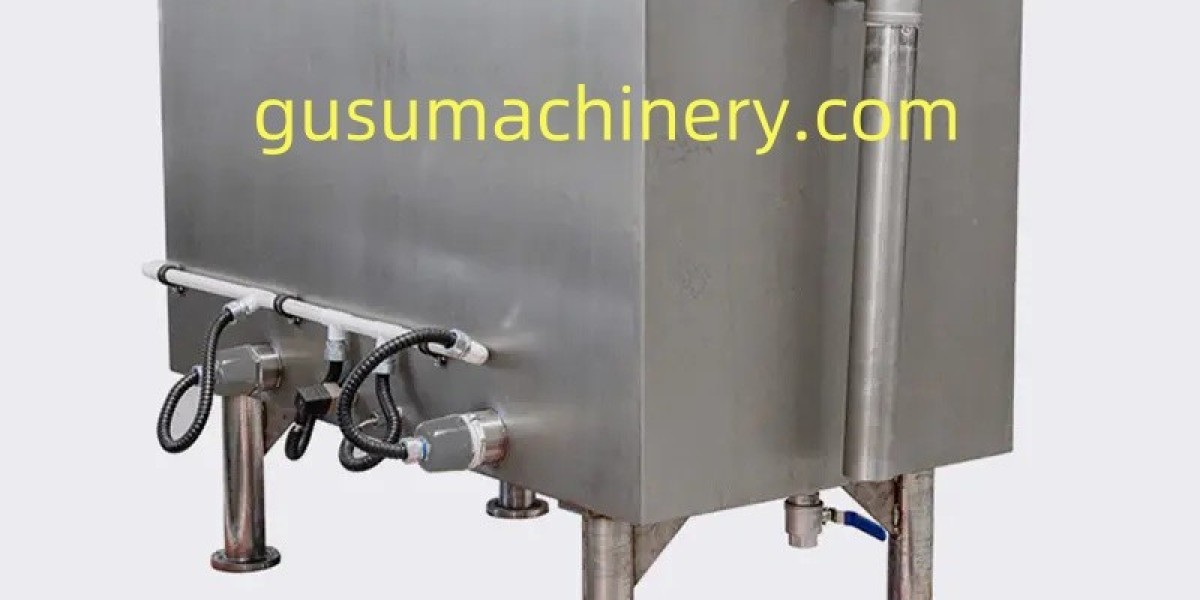For startups and individual inventors, patents are more than legal documents—they are critical assets that protect innovation, secure market advantage, and create opportunities for revenue through licensing or enforcement. However, when patent infringement occurs, pursuing legal action can feel daunting. Traditional patent litigation is notoriously expensive, often costing hundreds of thousands or even millions of dollars. For small businesses and independent inventors, these costs are typically out of reach. This is where a contingency patent lawyer becomes an essential ally, allowing innovators to enforce their rights without upfront financial risk.
What Is a Contingency Patent Lawyer?
A contingency patent lawyer is an attorney who represents clients in patent disputes without charging upfront fees or billing by the hour. Instead, the lawyer is compensated with a percentage of the recovery, whether through settlement, licensing, or court-awarded damages. If the case is unsuccessful, the client usually pays no attorney fees. This risk-sharing model enables startups and small inventors to pursue patent enforcement that might otherwise be impossible due to budget constraints.
Why Patent Enforcement Is Challenging for Small Entities
Patent enforcement is costly and complex. Litigation often requires extensive discovery, expert testimony, and court filings, all of which can quickly add up. Large corporations typically have significant legal budgets and can afford to prolong cases, assuming that smaller inventors will lack the resources to fight back. This financial imbalance often leaves startups and individual inventors vulnerable. A contingency patent lawyer helps level the playing field by assuming the upfront financial risk and providing expert representation.
Advantages of Hiring a Contingency Patent Lawyer
1. Access to Justice Without Upfront Costs
The most significant advantage is that inventors can pursue legal action without paying large legal fees upfront. This makes enforcing patents accessible to startups and small inventors who might otherwise abandon valid claims.
2. Alignment of Interests
Because the lawyer is compensated only if the case succeeds, their goals are fully aligned with the client’s. This ensures the attorney is motivated to secure the best possible outcome, whether through settlement or trial.
3. Access to Resources
Contingency patent lawyers typically cover litigation expenses, including expert witnesses, court costs, and technical research. This allows inventors to access high-quality legal representation similar to what large corporations use.
4. Supporting Patent Monetization
Successful litigation can lead to settlements, licensing agreements, or damages awards. A contingency patent lawyer helps inventors maximize the financial potential of their patents, turning innovation into a tangible revenue source.








